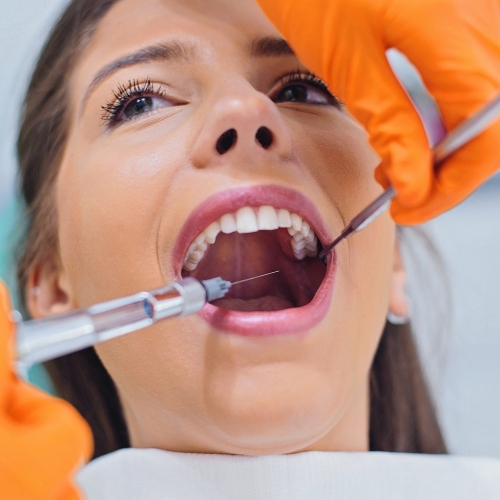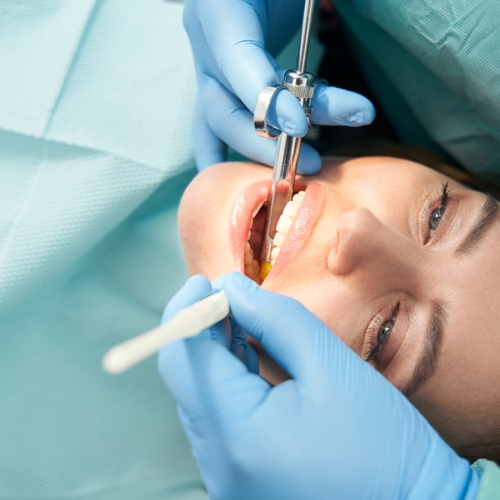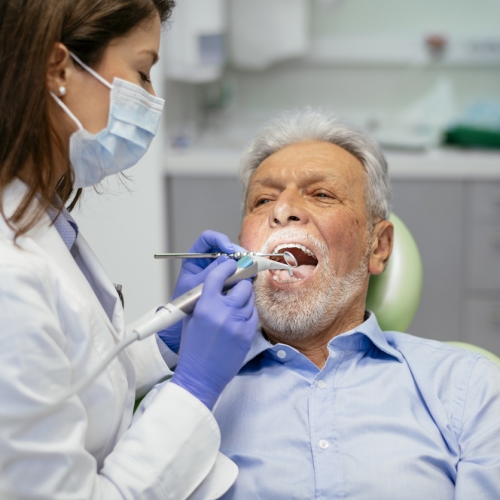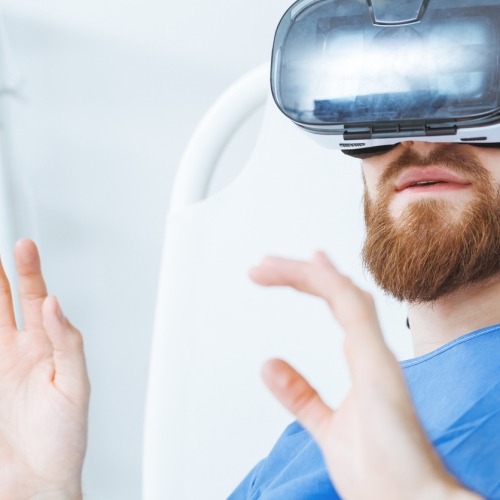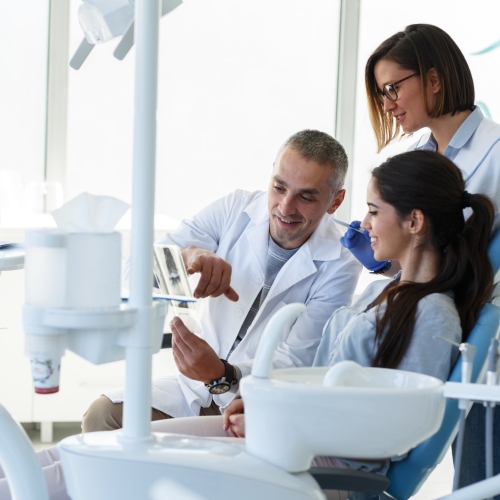Why is the Pharmacovigilance and Regulatory Affairs Department important?
The Regulatory Affairs area of the department is responsible for obtaining and maintaining product authorisations in all the countries in which Inibsa markets its products. We act as a link between the health authorities and the company.
The pharmaceutical industry is one of the most highly-regulated sectors and our records ensure that all legislation is complied with. We also help to establish the regulatory strategy to obtain authorisations in the shortest possible time and at the lowest possible cost.
How does the department's work affect customers?
In the Pharmacovigilance and Regulatory Affairs Department we work very closely with our customers because we are responsible for informing them of all regulatory developments and they, especially in countries outside the European Union, also inform us of any developments in those countries.
For example, we have had to introduce serialisation in many countries and we have worked with our customers to make sure that it was implemented on time. This has led to an increase in manufacturing costs and also having to change all the products' packaging.
Another example would be the proposals we have made for changes to the formula in order to improve it. We have also had to establish a joint regulatory strategy with our customers so that all variations are covered. And finally, a new regulation and the royal decree on medical devices have recently been authorised, and we have had to work with manufacturers and distributors to ensure compliance with the new legislation, so our dealings with customers have been affected in many different ways.
And what about the Pharmacovigilance area of the department?
The Pharmacovigilance area of the department is responsible for recording and monitoring adverse drug reactions. Its purpose is to ensure that the benefits of using the medicine outweigh the risks it may cause.
This work is shared between various stakeholders: regulatory agencies, the pharmaceutical industry, practitioners and patients.
The Pharmacovigilance and Regulatory Affairs Department oversees patient safety and its role involves creating a post-marketing system that can quickly and rapidly detect any alerts or signals that may arise from use of the drug so that it can act swiftly and effectively. This department shares safety information with customers globally and domestically and also audits international customers in order to comply with the applicable legislation.
How does Inibsa's Pharmacovigilance and Regulatory Affairs Department ensure that all medical devices and drugs comply with the regulatory requirements at all times?
In the Pharmacovigilance and Regulatory Affairs Department, we regularly check the websites of the health authorities to keep up-to-date with the latest legislative developments. We are also members of pharmaceutical industry associations and industry working groups, which allows us to share information with our colleagues and attend courses where all these legislative changes are discussed.
Furthermore, we also subscribe to newsletters from the Spanish Agency of Medicines and Medical Products and the Catalan Regional Government, which are published regularly and also provide us with updates on the latest regulations.
When it comes to countries outside the European Union, we rely heavily on our partners and distributors to provide us with information on legislation and also on attending courses held by experts in the field.ç
What kinds of challenges has the Pharmacovigilance and Regulatory Affairs Department faced in recent years and how have you overcome them?
In recent years, Inibsa's anaesthetics have been approved in several countries around the world, both in Europe through European authorisations and worldwide in countries such as Qatar, Singapore, Morocco, Jordan and Malaysia.
In recent years, a lot of new legislation has been introduced, which has forced pharmacovigilance and regulatory affairs departments and the pharmaceutical industry in general to work hard to adapt to these new developments within the timeframe set by the law. One example of this would be the drug serialisation that we had to implement in Europe and in other countries around the world where this requirement was also imposed. Another example is the new GMP certification that we have been forced to obtain so that we can continue to market our products in Russia.
All these achievements have been made possible thanks to the outstanding teamwork of the Pharmacovigilance and Regulatory Affairs Department and the entire industrial division in general.
What role does the Pharmacovigilance and Regulatory Affairs Department play in working with other areas of the company, such as production, quality and marketing, in order to ensure compliance with the health regulations?
We are in direct contact with most of the company's departments and we take part in multidisciplinary meetings where key decisions are made on new projects or on the follow-ups of projects that are already underway, providing legal and regulatory input.
We are also involved in reviewing and approving technical and marketing documents, thus ensuring that we comply with the health regulations.

